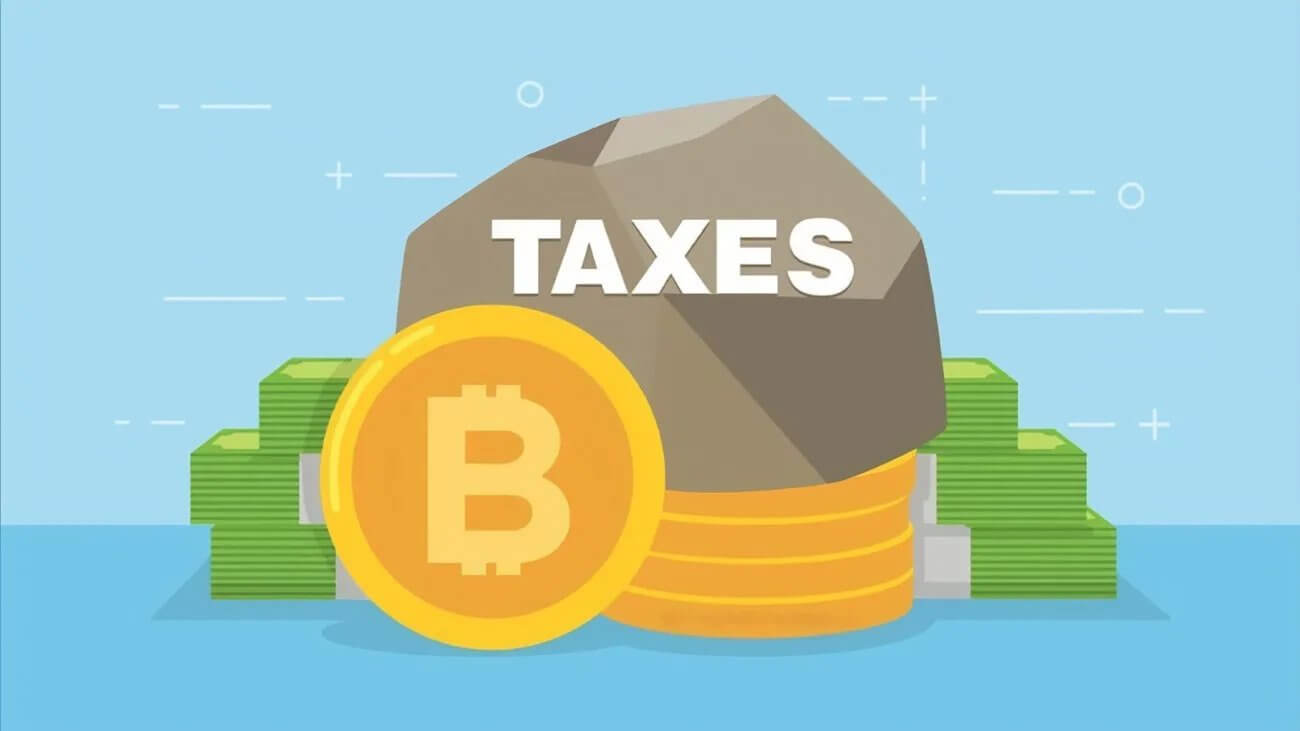Do Cryptos Qualify For Taxation?
Cryptocurrencies are a type of digital asset that uses cryptography to secure its transactions and to control the creation of new units of the currency. Cryptocurrencies are decentralized, meaning they are not subject to government or financial institution control. Bitcoin, the first and most well-known cryptocurrency, was created in 2009. Cryptocurrencies are often traded on decentralized exchanges and can also be used to purchase goods and services.

Cryptocurrencies are taxed as property, not currency. This means that gains or losses from the sale or exchange of cryptocurrencies are subject to capital gains taxes. Cryptocurrencies are also subject to sales taxes and other taxes when used to purchase goods and services.
Cryptocurrencies are a new and emerging asset class, and the tax treatment of cryptocurrencies is still evolving. The IRS has issued guidance on the tax treatment of cryptocurrencies, but there are still many unanswered questions. If you are unsure about how your cryptocurrency transactions will be taxed, it is best to consult a tax professional.
If you receive cryptocurrency as payment, you will need to pay taxes on its current value. The IRS classifies cryptocurrency as a type of property, which means that capital gains taxes may apply if you sell it. However, you may not need to pay taxes on cryptocurrency if you don’t sell it.
For both crypto investors and businesses, the Cayman Islands is an attractive destination for its lack of taxes on businesses and residents. The Cayman Islands Monetary Authority relies on revenue from work permits, tourism, and GST. This makes the Caribbean paradise an appealing destination for those looking to invest in cryptocurrencies.

Nathaniel is a cryptocurrency blogger and investor. He has been blogging about cryptocurrencies since 2017 and considers himself an expert in the space. Nathaniel also invests in cryptocurrencies and believes that they will become more widely accepted as time goes on.






